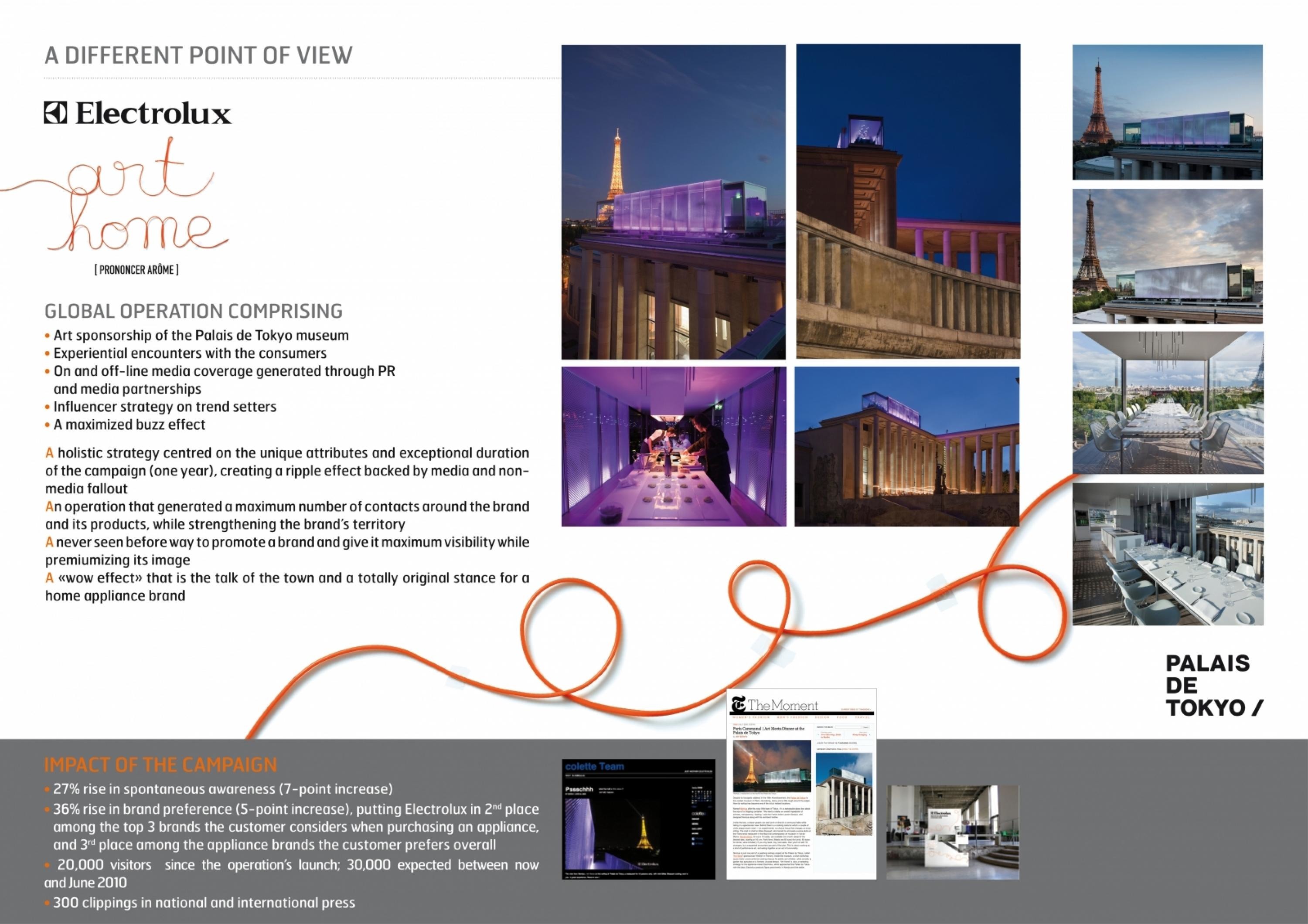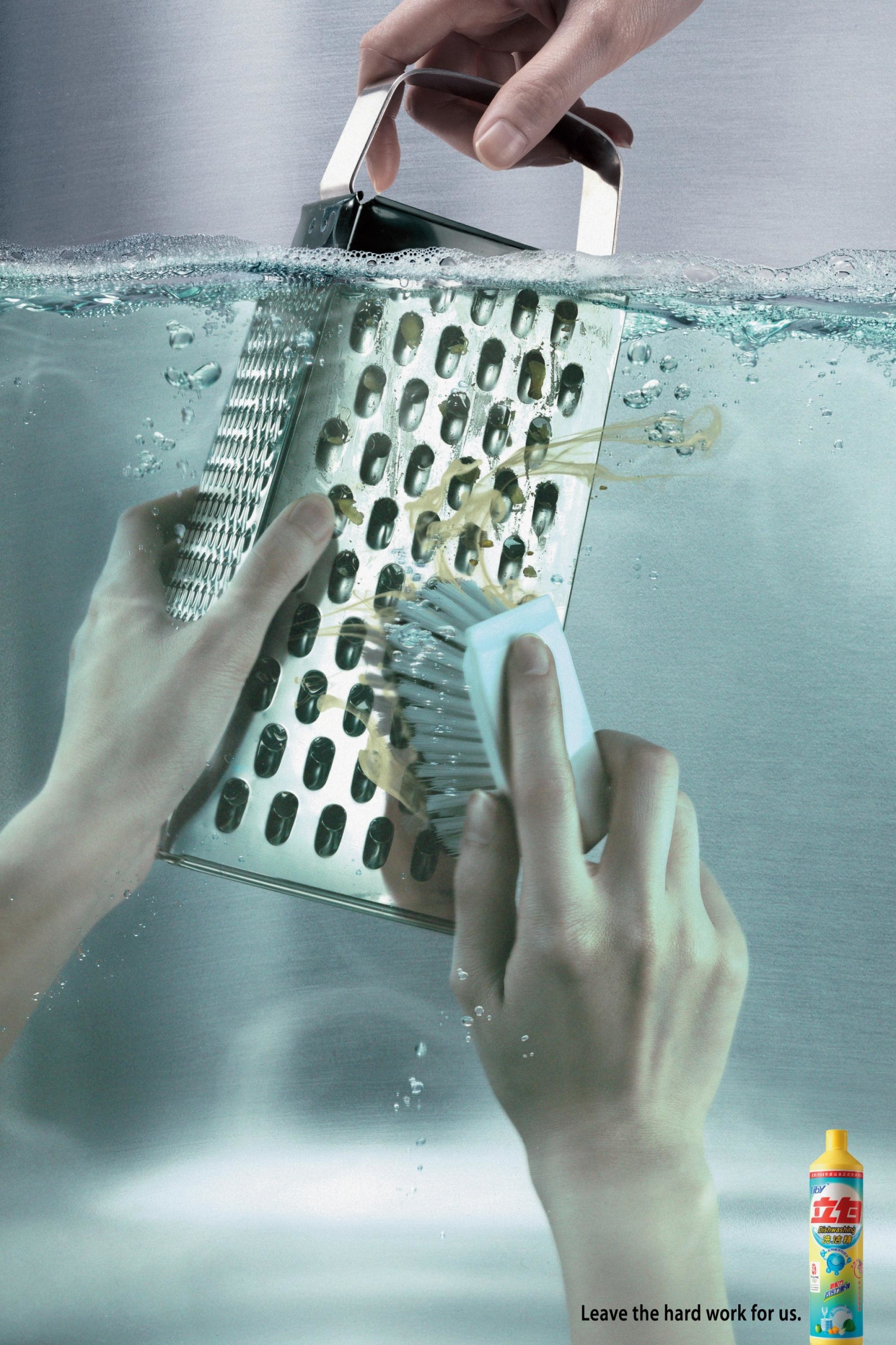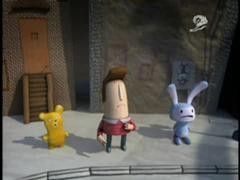Cannes Lions
Erase My Name
OGILVY, Makati City / DOVE / 2023

Overview
Entries
Credits
Overview
Background
In the Philippines, millions of young girls are called names in the family. It has been normalized for decades to call children “baboy” (pig) for their weight, “kulot salot” (curly menace), and even the “N word” for their skin color. That’s because for generations Filipinos impose traditional standards of beauty on their children.
In fact, 1 in 3 Filipino girls feel excluded by their families for their non-standard beauty. This is the highest source of beauty anxiety, which has been exacerbated by being trapped at home during the pandemic.
And since Dove has a history of challenging society, media, and technology, the brand felt compelled to confront how Filipino families have weaponized nicknames and how it only reminds young girls how much their beauty does not fit society’s standards.
Idea
Dove created a film where young girls could ERASE THEIR NAMES.
It started with a discovery. Through the Self-Esteem Project, Dove interviewed dozens of young girls who are called names. From this, Dove uncovered more than 200 derogatory names Filipinos throw at their children.
Next, Dove featured some of these girls on film to share how they felt. Then, to reclaim their identities, they were asked to write down their harmful names on name tags, cross them out and write their real names instead.
These name tags acted as a protest piece for these young girls. They were also used by adults online as TikTok filters and shareable posts to speak for children who continue to face this problem – creating a movement across the country.
Strategy
Children won’t speak up for themselves, but adults who once felt the same would. This became the strategy of the campaign.
The film served as a reminder of what grown-ups once felt when they were younger too. The adults that resonated with the film were compelled to not just share it, but also share their harmful stories growing up. And since we provided them with digital versions of the name tag, they were also encouraged to reenact the crossing out of names on their own respective social pages – generating even more conversations online.
Execution
The campaign started with a film featuring real children who were called names in the family. They first talked about how they felt about name-calling. Then, to reclaim their identities, they were asked to erase the harmful names they were called on name tags. They replaced these names with their real names instead.
The name tags acted as a form of protest for adults to reenact online as well. Adults crossed out their derogatory names on TikTok, actresses did the same on social media, and many others who were once name-called were featured on the front page of an international magazine.
The campaign generated a nationwide conversation, even inspiring adults who grew up accepting these names to open up as well.
Outcome
85M conversations
75M impressions
19.1M total film views
5x stronger message cut-through vs APAC standards in Brand Lift Study
4x brand affinity vs APAC standards in Brand Lift Study
Average of 74% positive sentiments (3x compared to 6 months prior)
Similar Campaigns
12 items







